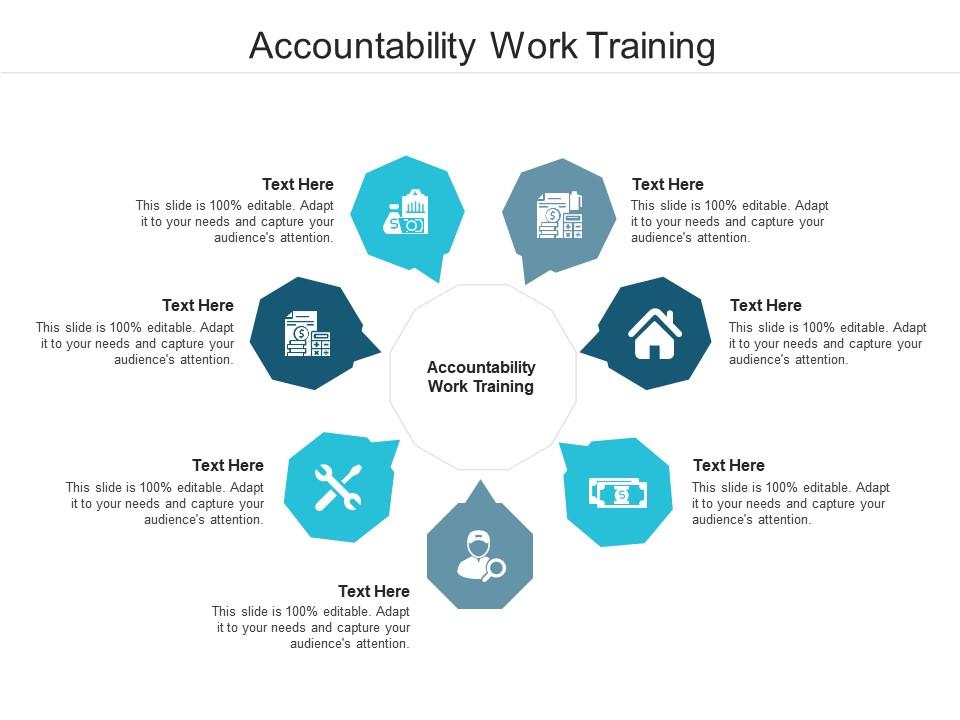Results based accountability training is a strategic framework for improving the performance and results of organizations and programs. In today’s data-driven world, companies are under greater pressure to demonstrate their success and have a real impact.
RBA offers a disciplined way to identify, measure, and deliver meaningful outcomes. It stresses clarity, accountability, and tangible activities, making it a vital resource for leaders and teams in a variety of industries, including non-profits, government organizations, and enterprises.
Participants will leave this program with the abilities necessary to set specific goals, monitor progress using pertinent indicators, and apply data-driven tactics. Resource-Based Assurance (RBA) guarantees that resources are used towards really improving the lives of those they serve by concentrating on results instead of activities.
Results-Based Accountability: What Is It?
Results-Based Accountability (RBA) is a disciplined style of thinking and doing to increase community well-being and program success. RBA, developed by Mark Friedman, is utilized all around the world to make demonstrable changes in people’s lives by moving attention away from the number of activities completed and toward the quality of results accomplished.
Results based accountability training consists of a series of seminars and meetings in which participants learn how to define desired goals, construct performance indicators, and utilize data to inform decision-making. The course includes fundamental topics such as differentiating between population responsibility and performance accountability, recognizing the significance of baselines, and applying “Turn the Curve” thinking to improve results.
Three main questions are at the center of RBA: How much did we accomplish? How successful were we? Does anyone have it better now? By focusing on the most important components of their job, these questions assist organizations in making sure that resources are used efficiently to provide noticeable advantages for the target audience or community.
Benefits of Results-Based Accountability Training
Enhanced Clarity and Focus
RBA Training offers businesses a clear framework for defining desired results and setting explicit, quantifiable targets. This clarity helps to synchronize activities across the business, ensuring that everyone is working toward shared goals. By concentrating on outcomes rather than activities, teams may choose actions that will have the most impact on their objectives.
- Data-Driven Decision Making
RBA Training stresses the significance of using data to inform decision-making. Participants learn how to collect and evaluate relevant data, track performance metrics, and utilize this knowledge to guide their initiatives. This data-driven approach guarantees that decisions are made using evidence rather than preconceptions, resulting in more effective and efficient actions.
- Continuous Improvement
RBA promotes a culture of continuous improvement by examining performance data on a regular basis and pinpointing opportunities for improvement. The “Turn the Curve” approach is a tool that organizations may use to create and implement plans that will improve performance. By using an iterative strategy, companies can make sure that they are continuously learning and improving, changing their strategies to get better results.
- Better Resource Allocation
Organizations can better allocate resources by focusing on outcomes and tracking progress with data. RBA Training assists participants in determining which activities and interventions are most effective, allowing them to invest in strategies that produce the highest returns.
This efficient use of resources increases the organization’s impact and ensures that efforts are focused on making a real difference.
- Enhanced Collaboration
RBA encourages cooperation both inside and between organizations. Teams can collaborate more successfully and coordinate their efforts toward shared goals by setting clear goals and performance metrics. In order to achieve community-wide outcomes, RBA Training also promotes collaborations with other organizations and interested parties.
- Demonstrated Effectiveness
Organizations that implement RBA can clearly demonstrate their effectiveness to funders, stakeholders, and the community. The focus on measurable results and accountability builds trust and credibility, showcasing the organization’s impact and value. This can lead to increased funding, support, and recognition, further enhancing the organization’s capacity to achieve its mission.
Conclusion
The implementation of Results-Based Accountability Training and influential leadership training provides organizations seeking to improve performance and outcomes with a strong framework. RBA fosters an environment of accountability and ongoing development by concentrating on specific, quantifiable outcomes and using data to guide decision-making.
By leveraging the power of RBA, organizations can work together more effectively, distribute resources more wisely, and substantiate their effects more effectively. In a time when outcomes and transparency are critical, RBA offers a tried-and-true process for bringing about significant and long-lasting change.

